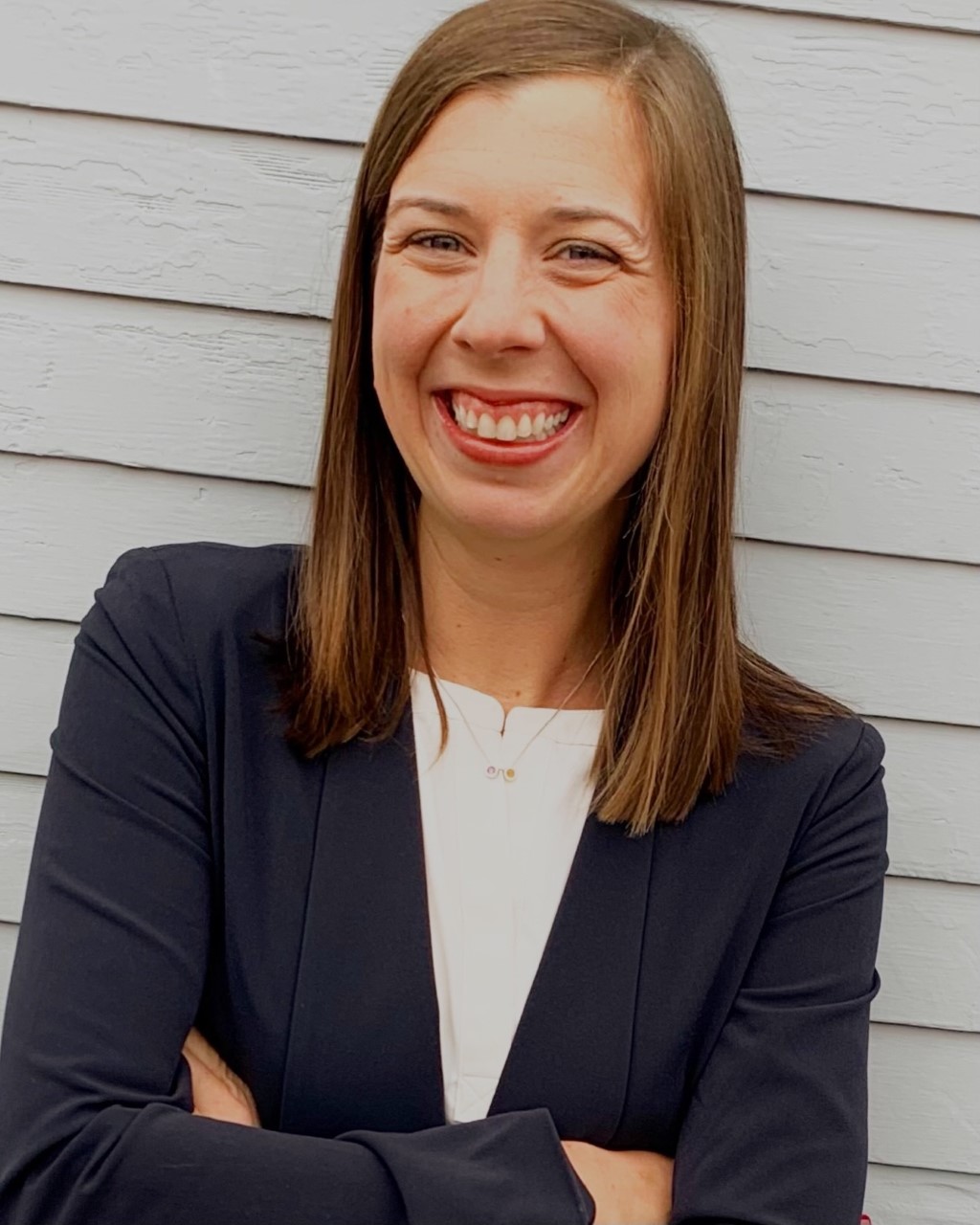In the aftermath of the pandemic shutdowns, educators are on the frontlines witnessing unprecedented grief and loss among their students. In addition to illness from COVID-19, household tension rose with job loss and remote learning, routines were disrupted, and social networks were shattered by being forced to distance and isolate.
At Divine Savior Holy Angels High School, Academic Dean Heather Mansfield said they saw the impact of COVID on student learning and resilience, mental health and a lack of coping strategies.
“Many students who are struggling academically are also struggling with mental health and absenteeism (connected to mental health), and we are trying to find additional support for those students,” Mansfield said. “Many of our students, especially those who were virtual learners for the entirety of last school year, are striving to feel more connected but are lacking coping and connection skills. The mental and emotional health of students is having a direct impact on their ability to be ready to learn, engage and achieve academically.”
Research based on K-12 data from across the country has found that due to the pandemic, students could be averaging five months behind in math and four months behind in reading. To help students who are facing academic loss, Mansfield said it is essential to address mental and emotional health.
DSHA partnered with Kathleen Cullen Ritter, MSW, to run loss and connection groups for students to help them process their residual grief, loss, fear and uncertainty from COVID, and the isolation associated with the pandemic.
“Cullen Ritter has vast experience working with high school students and fully understands the DSHA culture, academic rigor (and) expectations, and stress students face,” Mansfield said.
The group’s goal is to give students another support targeted to their needs, which will help them re-engage in academics and improve mental health, intellectual health, coping skills and overall academic achievement.
Ritter, a former DSHA campus ministry director, leads the groups through her current practice at Grief Grit Gratitude. The first of two group meetings this semester took place during the school day. They began Oct. 9 and will be held four times, with the possibility of adding more meetings if needed. Mansfield, school staff and Ritter will evaluate the program needs to determine needs for the spring semester.
“There has been so much ambiguous loss and real losses that students have faced,” Ritter said. “My work in grief coaching most often deals with the death of a loved one, specifically parents. However, there have been so many losses since the pandemic. It is important individually and collectively that we address our losses, deeply listen and support others who are navigating death, and come together in communities to support one another as time continues after someone dies or has experienced some other significant life-altering loss.”
Though virtual learning was a means to continue the educational process and for teachers to remain connected to students, it was isolating for students who naturally look forward to spending time in person with classmates and teaching staff.
“They (and) we all were so isolated and then (it was difficult) trying to make meaning out of an excruciating time in our world, while simultaneously trying to help students connect to one another virtually while we were still pivoting in real time with them,” Ritter said.
The grief support groups meet in person and also participate in larger group sharing and individual reflection. Each session ends with what Ritter calls take-a-ways, or goals, for the time between their subsequent gatherings. There is no set number yet for participation, as the groups are evolving.
“We are calling them Cultivating Connections, as talking about grief as a title to a teenager may be intimidating, and this also allows us to encompass all aspects of loss,” Ritter said. “So much of grief is normalizing it, but talking about secondary losses that result because of something, (and) listening to other people’s experiences takes the awkwardness out of a normal part of our human experience.”
Ritter said much of her work entails accompanying individuals on their grief journey and affirming them in their emotions. While each person is an expert on their personal grief, she said group members can share pain, hope and support for each other through conversations.
For more information on grief support, contact Cullen Ritter, MSW, at 414-533-7335 or www.griefgritgratitude.com.

Kathleen Cullen Ritter
